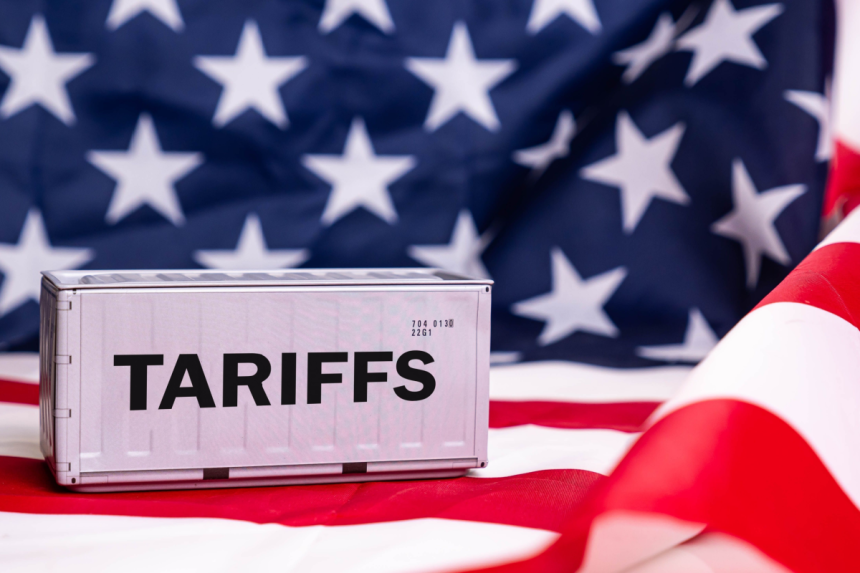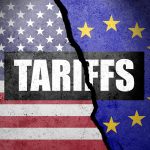Economists Warn of “Perfect Storm” as Stocks Plunge
President Donald Trump’s surprise decision to impose an additional 100% tariff on Chinese imports erased roughly $2 trillion from the U.S. stock market on Friday, sending Wall Street into its steepest single-day drop since April. The move, which raises total tariffs on China to 130%, reignited fears of a renewed trade war and compounded growing concerns over an AI-driven market bubble and the ongoing federal government shutdown.
“This was almost the perfect storm coming together,” said Apollo Global Management chief economist Torsten Slok on Fox Business. “A potentially renewed trade war risks a resurgence of uncertainty in the market, all while valuations look stretched and the fiscal outlook deteriorates.”
Markets React Sharply to Escalating Trade Tensions
The reaction was immediate. The S&P 500 fell 2.7%, marking its worst session since April 10. The Dow Jones Industrial Average dropped 878 points, or 1.9%, while the Nasdaq sank 3.6%. The sudden policy shift stunned investors who had begun to believe the worst of U.S.-China trade tensions were behind them.
The announcement echoed “Liberation Day” in April, when Trump’s earlier tariff threats wiped out more than $6.6 trillion in market value within two days, causing the S&P 500 to suffer its largest two-day loss on record. Slok said markets had since stabilized on the assumption that trade relations were improving, but the new tariffs—and forthcoming U.S. software export restrictions—have shattered that fragile optimism.
Analysts See Rising Inflation and Slower Growth Ahead
Slok cautioned that the economic impact of new tariffs will unfold over time as companies adjust to higher import costs. “You should expect the same, namely, higher inflation and also downward pressure on GDP,” he warned. The higher prices for imported goods could feed into consumer inflation, while global supply chain disruptions may further weigh on corporate earnings.
Investors are also wary of knock-on effects on technology firms, which are already facing tighter export controls. The new rules could restrict sales of U.S.-made software and AI technologies to Chinese companies, potentially impacting revenue streams for major American tech firms that rely on Chinese demand.
Economic Fallout Adds to Political Uncertainty
The market turmoil comes amid mounting domestic challenges. The White House budget office confirmed Friday that layoffs of federal workers have begun as part of cost-cutting measures linked to the government shutdown, which may last through October. More than 4,000 job cuts are expected.
Analysts warn that the combination of a prolonged shutdown, escalating trade tensions, and overvalued tech stocks could erode investor confidence and trigger broader volatility. “The timing of these tariffs couldn’t have been worse,” Slok said. “Markets were just beginning to find their footing after months of shocks—and now they’re bracing for the next one.”






